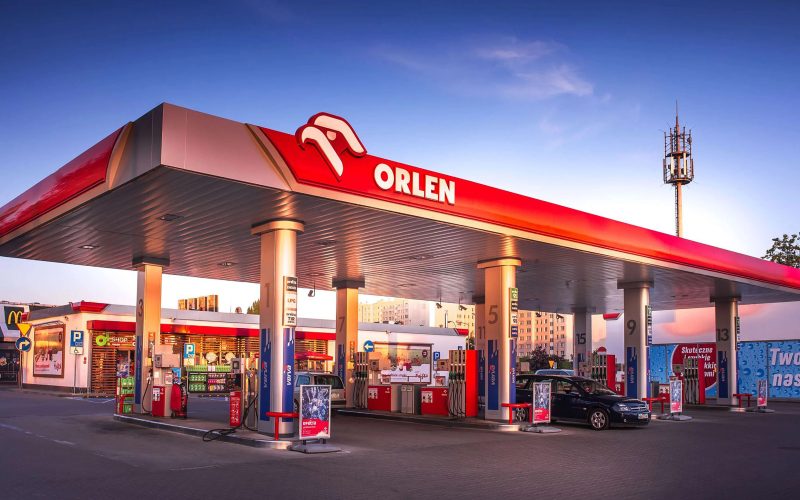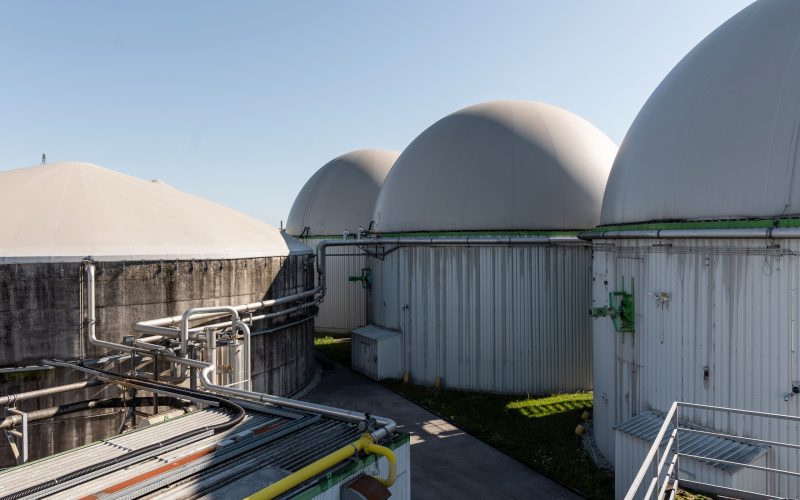Georgii Geletukha on the development of Ukraine’s energy after 2035
What will happen to Ukraine’s energy after 2035? We need to understand where we are going not only by 2035, which is enshrined in the Energy Strategy, we need to understand where we are moving by 2050. We call on the Government to start work on the Energy Strategy until 2050 and make it a strategy of “green” energy transition. UABIO’s position on this and other issues in the RES sector was voiced by UABIO Head of the Board Georgii Geletukha during round table “Alternative Energy in Ukraine: Opportunities for Investors and Producers ”, which took place on August 6.
Important arguments:
- The strategy until 2035 does not answer the question of what will happen to nuclear and coal energy spheres after 2035. By 2035, all nuclear facilities will be completed.
- Over the past year, we have lost messages demonstrating the Government’s position on the “green” energy transition.
- We support the fastest possible launch of auctions for RES. This is an alternative to the “green” tariff. Biomass projects are not required to go to auctions, but most players in the bioenergy market will voluntarily participate in these auctions. Therefore, we appeal to the authorities to ensure the efficient and regular operation of auctions (at least twice a year) and sufficient quotas.
- GREEN-COAL PARADOX: using more energy from the sun and wind, we have to burn more coal. A serious technical problem in the energy sphere — with the increase of solar and wind generation, we increasingly need shunting power to balance the system. We are now balancing these volatile renewables with coal generation. Based on the mechanisms that have been developed now, investors are not interested in the building of shunting and peak capacities. In fact, there is no market for shunting capacity. There is no price that would be formed by this market. Therefore, the calls “build at an unknown tariff that will one day be formed by the market” do not work. The way out is to launch an effective mechanism to stimulate investors and invest in shunting and peak capacity, as well as in energy storage. We have to set a clear and understandable tariff for 10 years.
In addition, we have sectoral problems that are partly driven by the support of the State Agency for Energy Efficiency and Energy Saving of Ukraine and recent steps by the Ministry of Energy of Ukraine, but there are unresolved issues.
Which exactly?
- The creation of a solid biofuel exchange, and a significant amount of biomass, which is now burned in boilers and stations, would go through the exchange.
- Development of the market of energy crops. Ukraine is an agrarian state, we have more than 4 million hectares of unused agricultural land. We could grow willow, poplar, miscanthus as fuel for boilers and power plants. But farmers are not interested in it, because profitability is lower than in the cultivation of traditional agricultural crops. Some incentives need to be applied like subsidies per hectare or similar mechanisms.
- Development of biomethane. It is a renewable gas that has advantages even over hydrogen, which is much debated today. It is a heavy gas, so when transporting 1 m3 of biomethane, we transport 2.5 times more energy than when transporting 1 m3 of hydrogen. However, the launch of the biomethane market requires legislative changes.
- Abolition of the CO2 tax for biomass boilers and power plants. Unfortunately, Ukraine is the only country in the world that has such rule. Biomass is recognized in the world as a CO2-neutral fuel.
- Support for the developed mechanism to stimulate the production and use of liquid biofuels and biogas in transport. The transport sector consumes about 25% of energy in Ukraine and has the lowest share of RES. It is possible to change the situation by stimulating the market of liquid biofuels.
- Development of a mechanism for stimulating electricity generating capacities on biomass, biogas, and biomethane to balance the system.
- Development of RES in heat supply. This sector consumes about 50% of energy in Ukraine, which restrains the monopoly position of district heating systems. Investors who are ready to build biomass facilities have problems connecting to heating networks.
Organizer: Association of Ukrainian-Arab Businessmen and Investors (AUABI). The event was supported by the Ukrainian Union of Industrialists and Entrepreneurs.
Read more about the event on the website of the Ukrinform news agency.


